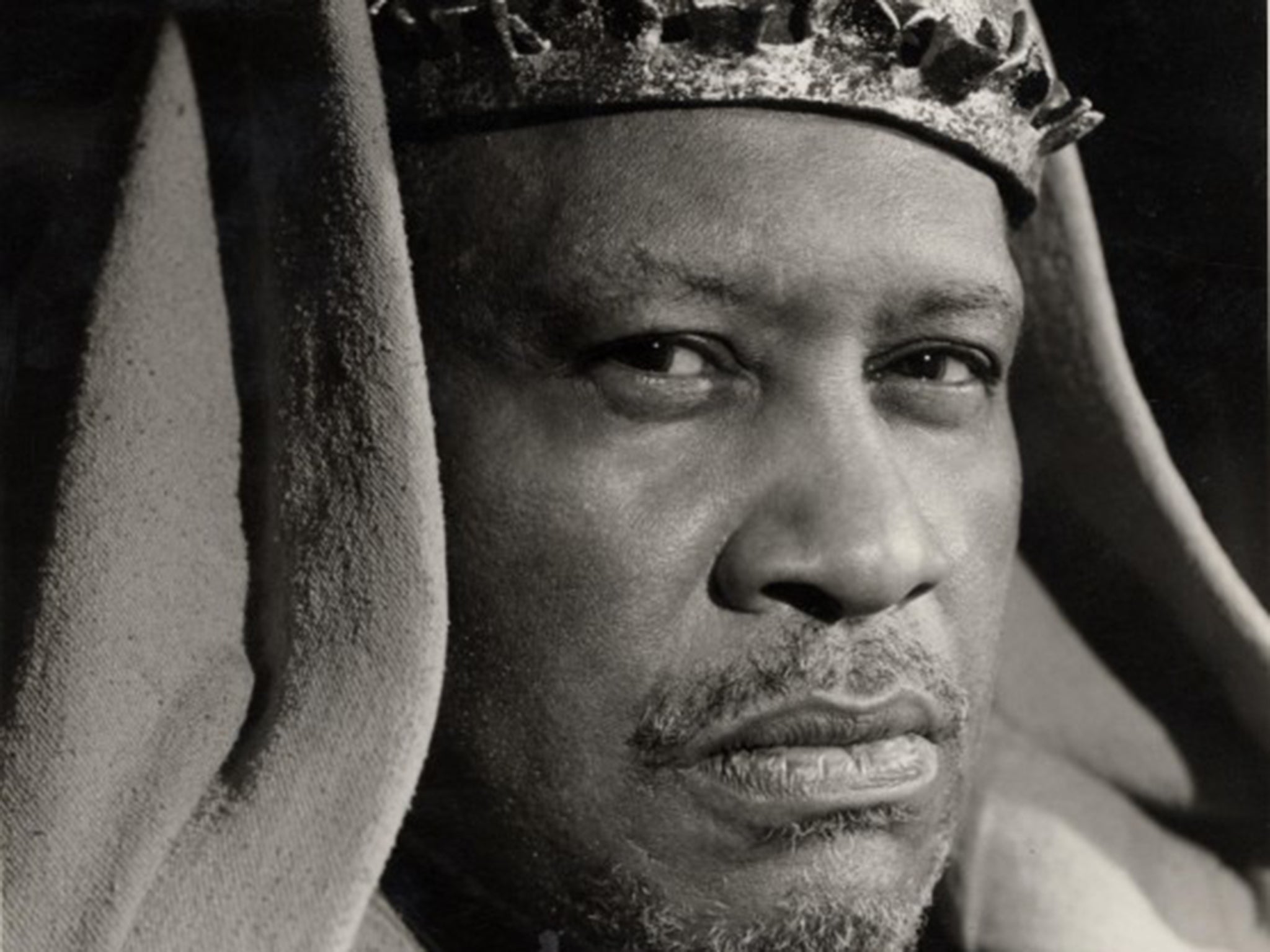Othello: Why William Shakespeare's tragedy remains topical after 400 years
The story would work if he were Jewish in a Muslim community, a New Yorker in a small Idaho town, or a Korean in China

Your support helps us to tell the story
From reproductive rights to climate change to Big Tech, The Independent is on the ground when the story is developing. Whether it's investigating the financials of Elon Musk's pro-Trump PAC or producing our latest documentary, 'The A Word', which shines a light on the American women fighting for reproductive rights, we know how important it is to parse out the facts from the messaging.
At such a critical moment in US history, we need reporters on the ground. Your donation allows us to keep sending journalists to speak to both sides of the story.
The Independent is trusted by Americans across the entire political spectrum. And unlike many other quality news outlets, we choose not to lock Americans out of our reporting and analysis with paywalls. We believe quality journalism should be available to everyone, paid for by those who can afford it.
Your support makes all the difference.Othello is not about love. I have never been convinced by – or even that interested in – Othello and Desdemona’s relationship. Shakespeare doesn’t bother much with it, starting the action after they have already secretly married, and telling rather than showing their courtship. This is no Romeo and Juliet passion, “boundless as the sea”; Othello’s feelings for Desdemona change so rapidly there isn’t even a honeymoon.
Perhaps this is because it is based on the flimsiest of attractions. As Othello disingenuously describes it, “She loved me for the dangers I had passed,/And I loved her, that she did pity them.” Desdemona loves Othello for his Otherness, and he loves her because she loves him. Doomed.
The play isn’t even really about race. This story would work if Othello were Jewish in a Muslim community, or a New Yorker in a small Idaho town, or a Korean in China. Racial difference is just one example of the Outsider status Desdemona is seduced by, and that is what I find so compelling about the play. It is a state we can all relate to, as we have all been outsiders at some point, whether as the new student in class, the new employee at a job, the newest member of a church or an exercise class or a football team. It’s hard being new.
Sometimes you can shake off that label relatively quickly: you learn your job, you find your place on the team. You fit in. Othello, however, will always have black skin in a white world. It will take much longer to get his friends, his family, his comrades to become colour-blind – if ever. Remember, Desdemona is attracted to him because he’s black. Some outsider status sticks.
I speak from experience. Thirty years of living in the UK – paying its taxes, travelling on its passport, supporting Team GB in the Olympics – and I still have journalists say, “Wow, you’re so… American.” Last week one commented that I have a very loud laugh. Because, you know, Brits don’t.
That is what draws me to Othello: despite his military prowess and his smitten wife, he is so vulnerable. It only takes a bully like Iago, with his own murky agenda, to stick his finger into the wound and press. Shakespeare complicates matters with fights and lost handkerchiefs – he has three hours to fill on stage – but really the story boils down to one man saying to another, “Are you sure she likes you?” Planting that one seed of doubt brings down the whole edifice of a person’s character.
The simplicity of that template – you are different, which makes you vulnerable, and I’m going to take advantage of that – means Othello’s story can take place anywhere – because it already does. I am writing a novel inspired by Othello, and decided to transplant the story to that most elemental place – the school playground. A Ghanaian boy named Osei joins an all-white school and attracts the attention both of Dee, who is fascinated by his otherness, and Ian, the school bully whose territory is threatened. And so another fundamental human story gets played out…
Join our commenting forum
Join thought-provoking conversations, follow other Independent readers and see their replies
Comments